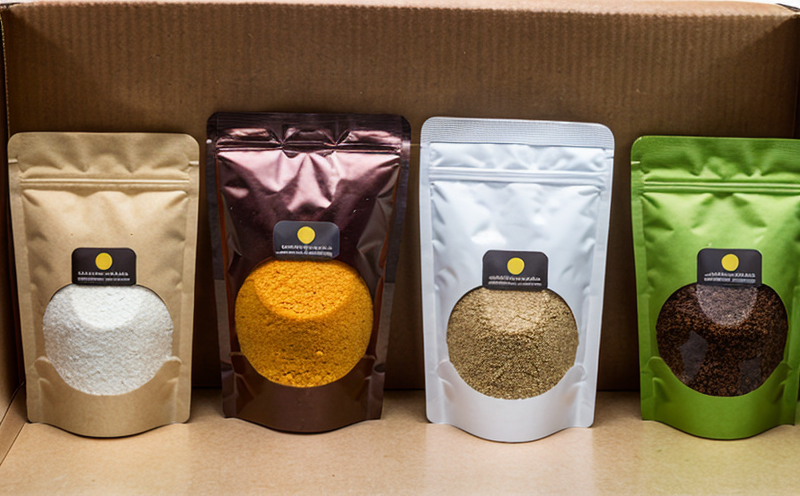BPS Migration Testing in Food Contact Plastics
Testing for Bisphenol S (BPS) migration is a critical aspect of ensuring food safety and product compliance. BPS, a synthetic chemical used in the production of certain plastics, can migrate from packaging materials into contact with food products under specific conditions. This poses potential risks to human health if not properly managed.
Our laboratory specializes in providing comprehensive testing services for BPS migration in food contact plastics. We adhere strictly to international standards such as ISO 10993-12, ASTM D884, and EN 12353 to ensure our methods are reliable and accurate. The process involves subjecting the plastic samples to various environmental factors like temperature, humidity, and exposure time, which mimic real-world conditions.
Specimen preparation for BPS migration testing requires precise handling. Samples must be cut into standard sizes and shapes that replicate how they would typically interact with food products. This ensures consistent results across different types of packaging materials. The test solutions used are chosen to simulate the contact scenarios under which BPS might migrate.
Once prepared, the samples undergo exposure to controlled environmental conditions over specified durations. During this period, we monitor any potential migration of BPS from the plastic into the test solution using advanced analytical techniques such as gas chromatography-mass spectrometry (GC-MS) and liquid chromatography-tandem mass spectrometry (LC-MS/MS). These instruments provide high sensitivity and selectivity for detecting even trace amounts of BPS.
The results from these analyses are meticulously recorded and analyzed. Compliance with regulatory limits set by organizations like the European Food Safety Authority (EFSA) is then determined based on our findings. Our team provides detailed reports that include all relevant data, along with recommendations for improving product safety if necessary.
Understanding the implications of BPS migration in food contact plastics goes beyond just compliance checks; it plays a crucial role in maintaining consumer trust and protecting public health. By offering accurate testing services, we help manufacturers ensure their products meet stringent safety standards while also contributing to broader environmental sustainability efforts.
- Adherence to ISO 10993-12
- Use of ASTM D884 test solutions
- Controlled environmental exposure conditions
- Advanced analytical techniques like GC-MS and LC-MS/MS





